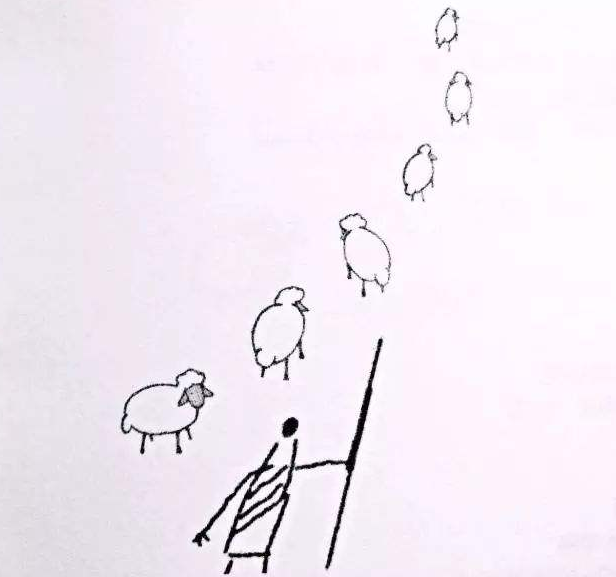The first day passed. There was a major battle nearby, and a number of wounded were brought back to the camp.
第一天過去了,附近發生了一場大規模的戰斗,一些傷員被抬回營地。
The dead soldiers were replaced by others, and life went on.
陣亡士兵會被其他人替代,而生活會繼續下去。
Death doesn't change anything, the boy thought.
一切都不會因死亡而有所改變,男孩想。
"You could have died later on," a soldier said to the body of one of his companions.
“你原本可以死得晚一點,”一名守候在同伴尸體旁的士兵說道。
"You could have died after peace had been declared. But, in any case, you were going to die."
“你本可以等到和平降臨的時候再死。但是,無論如何,最終你還是得死。”
At the end of the day, the boy went looking for the alchemist, who had taken his falcon out into the desert.
天黑之前,男孩去找煉金術士。煉金術士正要帶上獵鷹去沙漠。

"I still have no idea how to turn myself into the wind," the boy repeated.
“我不知道怎樣把自己變成風。”男孩又一次說。
"Remember what I told you: the world is only the visible aspect of God.
“記住我對你說的話:世界只不過是上帝的映像。
And that what alchemy does is to bring spiritual perfection into contact with the material plane."
煉金術就是把精神的完美帶到物質層面上來。”
"What are you doing?"
“您在干什么?”
"Feeding my falcon."
“喂我的獵鷹。”
"If I'm not able to turn myself into the wind, we're going to die," the boy said. "Why feed your falcon?"
“如果我不能把自己變成風,我們都得死。”男孩說,“還喂什么獵鷹呢?”
"You're the one who may die," the alchemist said.
“將要死的是你,”煉金術士說。
"I already know how to turn myself into the wind."
“我知道怎樣把自己變成風。”












